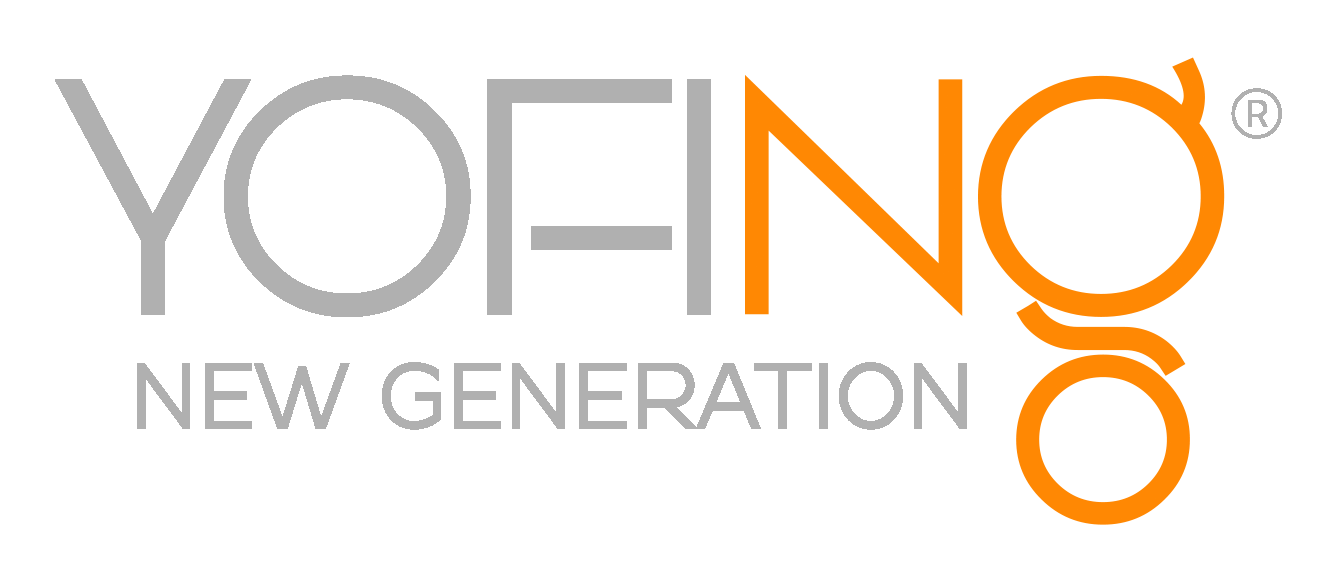Who among us does not want to have strong, thick and strong strands? One of the popular ways to achieve really beautiful and healthy hair are masks based on oils. For example, masks with castor oil are a great remedy for both fast hair growth and against hair loss. In this article, let's break down all the useful properties of these recipes. And also tell you how to make masks with castor oil and burdock oil at home.
Hair Masks with Castor Oil: Benefits and Applications
What are the benefits of castor oil hair masks? To understand this, we need to understand where castor oil comes from.
It is obtained by pressing the seeds of a plant called castor oil. Interestingly, these seeds contain the toxic substance ricin. However, when the oil is produced, the dangerous toxins evaporate and only the beneficial ricinoleic acid remains. It makes up almost 90% of the total composition of the oil and has a number of important properties for maintaining healthy hair.
- Ricinoleic acid protects the hair from the negative effects of the environment.
- Helps maintain hair elasticity.
- Prevents the appearance of dandruff.
Castor oil also contains other acids.
- Oleic acid helps to cope with dry and brittle strands by actively nourishing them.
- Stearic acid prevents split ends and eliminates hair damage.
- Linoleic acid acts as a powerful antioxidant and has antibacterial and antifungal effects.
- Palmitic acid has a strengthening effect, preventing hair loss.

Castor Oil Hair Mask - enriched with organic castor oil and argan oil, a natural moisturizer, promotes hair growth and controls hair breakage. Enriched with omega – 9, fatty acids that are responsible for healthy hair. It also helps reducing split ends. Makes your hair smooth, shiny and frizz free, providing nourishment and protection for your hair from heat, dirt and pollutants. It also helps in repairing the hair follicles from the roots.
How to use castor oil hair masks
Convinced that castor oil is a real godsend for hair? Now it's time to know how to use it.
Even if you are sure that you are not allergic to a particular ingredient of the homemade hair mask, it is always better to do a test. Apply a small amount of oil or ready-made mask on an area of your skin. If all is well - you can use the mask on your hair and scalp. In case you notice redness or irritation, refuse the procedure. Ideally, you should consult a dermatologist or trichologist before using any home masks.




